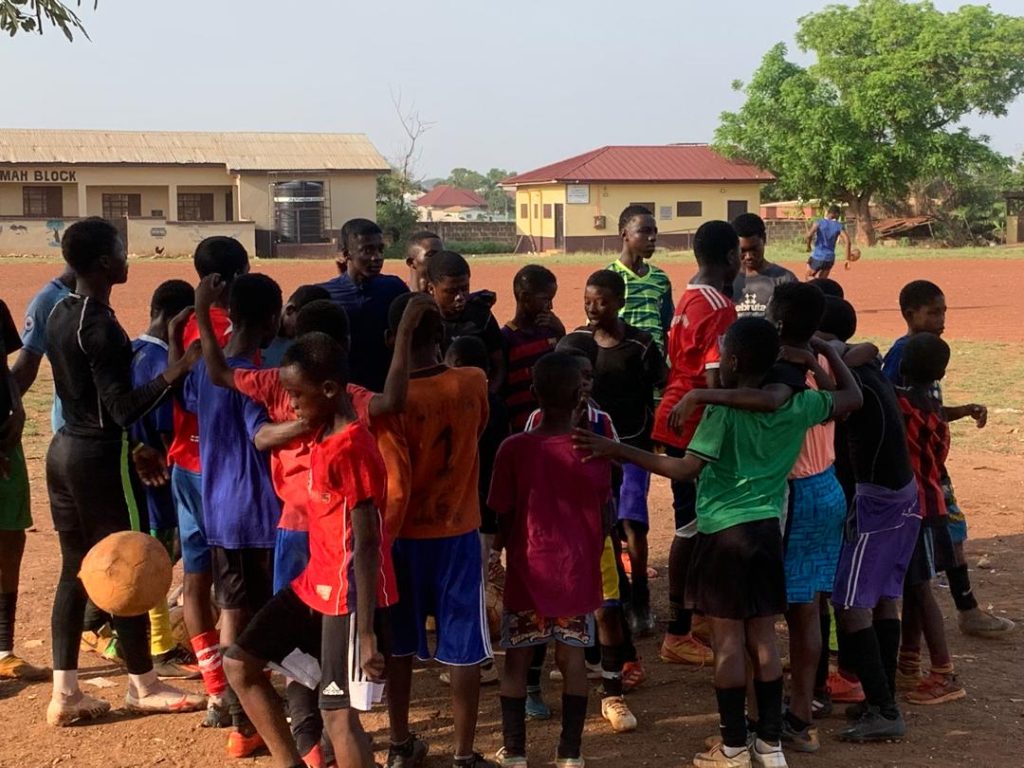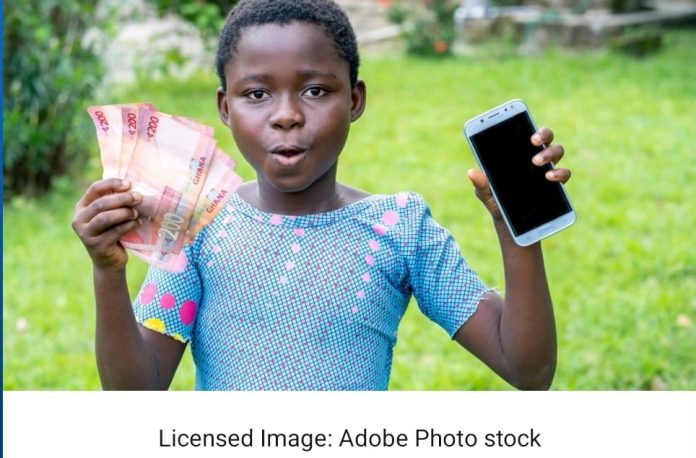Accra, Ghana – The rapid expansion of internet access in Ghana has brought both opportunities and dangers for children. One of the most pressing concerns is early exposure to pornography, which has long-term consequences on children’s development, understanding of sexuality, and vulnerability to online sexual exploitation, including Child Sexual Abuse Material (CSAM).
A recent national study conducted by the Ghana Internet Safety Foundation (GISF) with support from Impact Amplifier has revealed alarming statistics about children’s exposure to explicit online content. Over a nine-month period, the study engaged 2,500 children, 500 parents, and 250 teachers to assess children’s exposure to pornography, their awareness of sexual risks, and the role of digital safety education in mitigating these dangers.
Key Findings
- 38% of children reported receiving messages containing links to X-rated websites.
- 22.67% of children received unsolicited sexual messages or explicit images online.
- 25.51% of children opened messages containing explicit images of naked individuals or sexual acts that they did not want to see.
- Children as young as nine years old have been exposed to online pornography.
- 17.81% of children reported knowing someone who was asked to provide sexual information online.
- 12.96% of children were personally asked to share explicit images or engage in inappropriate online interactions.
- Only 15.34% of children felt confident reporting incidents of online sexual exploitation to a trusted adult.
- 36.36% of children believe they know more about the internet than their parents, highlighting a significant digital literacy gap.

Understanding the Issue
The study found that children’s exposure to pornography often occurs through social media, peer sharing, or unintentional access to adult content on family devices.
Without proper education and parental guidance, children may normalize explicit content, leading to distorted perceptions of relationships, consent, and boundaries.
Furthermore, the lack of comprehensive sex education in Ghanaian schools exacerbates the issue.
Many children receive little to no formal education on sexuality, online safety, or digital consent, leaving them vulnerable to manipulation, coercion, and exploitation.
Only 12.12% of children felt confident in assessing the trustworthiness of websites, making them susceptible to misinformation, online predators, and grooming tactics.
The study also uncovered a direct link between early exposure to pornography and online sexual exploitation.
Nearly 18% of children reported knowing someone who was asked to provide sexual information online, while almost 13% were personally targeted.
Despite these alarming figures, only 15.34% of children felt confident reporting incidents of online sexual exploitation, highlighting a culture of silence, fear, and shame surrounding these issues.
Recommendations for Action
To combat these threats and safeguard Ghanaian children, the study outlines the following urgent measures:
- Introduce Age-Appropriate Sex Education – Schools must incorporate digital safety education, covering online risks, digital consent, and recognizing grooming tactics.
- Equip Teachers with Specialized Training – Teachers should receive training on child online protection to identify, address, and prevent online exploitation.
- Strengthen Parental Engagement – Nationwide digital literacy programs are needed to educate parents on internet safety and encourage open discussions with their children.
- Increase Community Awareness – Campaigns should normalize conversations about pornography exposure and its dangers, ensuring children receive accurate information and guidance.
- Enhance Legal and Policy Frameworks – Stronger laws must be established to combat online child exploitation and hold offenders accountable.
- Improve Law Enforcement Response – Authorities must create specialized units to track online predators, prevent sextortion, and dismantle CSAM distribution networks.
- Enforce Stronger Digital Safeguards – Social media and digital platforms must implement stricter age-verification mechanisms and content moderation policies.
- Foster School-Parent Collaboration – Schools should organize regular digital literacy workshops to provide children with consistent online safety education at home and in the classroom.
Conclusion
The GISF study, supported by Impact Amplifier, underscores the urgent need for Ghana to address the growing dangers of children’s early exposure to pornography and its link to online sexual exploitation.
Without structured sex education, parental engagement, and strong legal protections, children remain vulnerable to online predators, misinformation, and exploitative digital environments.
A coordinated effort involving policymakers, educators, parents, and civil society organizations is necessary to safeguard children’s futures.
By implementing comprehensive sex education, strengthening parental involvement, and reinforcing digital protections, Ghana can take proactive steps to mitigate these risks.
This research serves as a wake-up call for urgent reforms in education, digital policy, and child protection frameworks.
Protecting Ghanaian children in the digital space must be a collective responsibility, ensuring that every child can access the internet safely and without exposure to harmful content or exploitation.
For Inquiries: Contact:
Emmanuel Adinkra, CISA, MCSA, MCSE, Security Plus, PMP, President & Founder, Ghana Internet Safety Foundation
Supported by: Cyber Security Authority, CyberBells Foundation, Trust and Safety Africa Academy, Ghana Education Service, Ministry of Communication, Digital Technology and Innovations, UNICEF Ghana, UNODC, GIZ Ghana, Praesidio Safeguarding, Childlight – Global Child Safety Institute, Ministry of Gender, Children and Social Protection – Ghana, and other stakeholders.








































